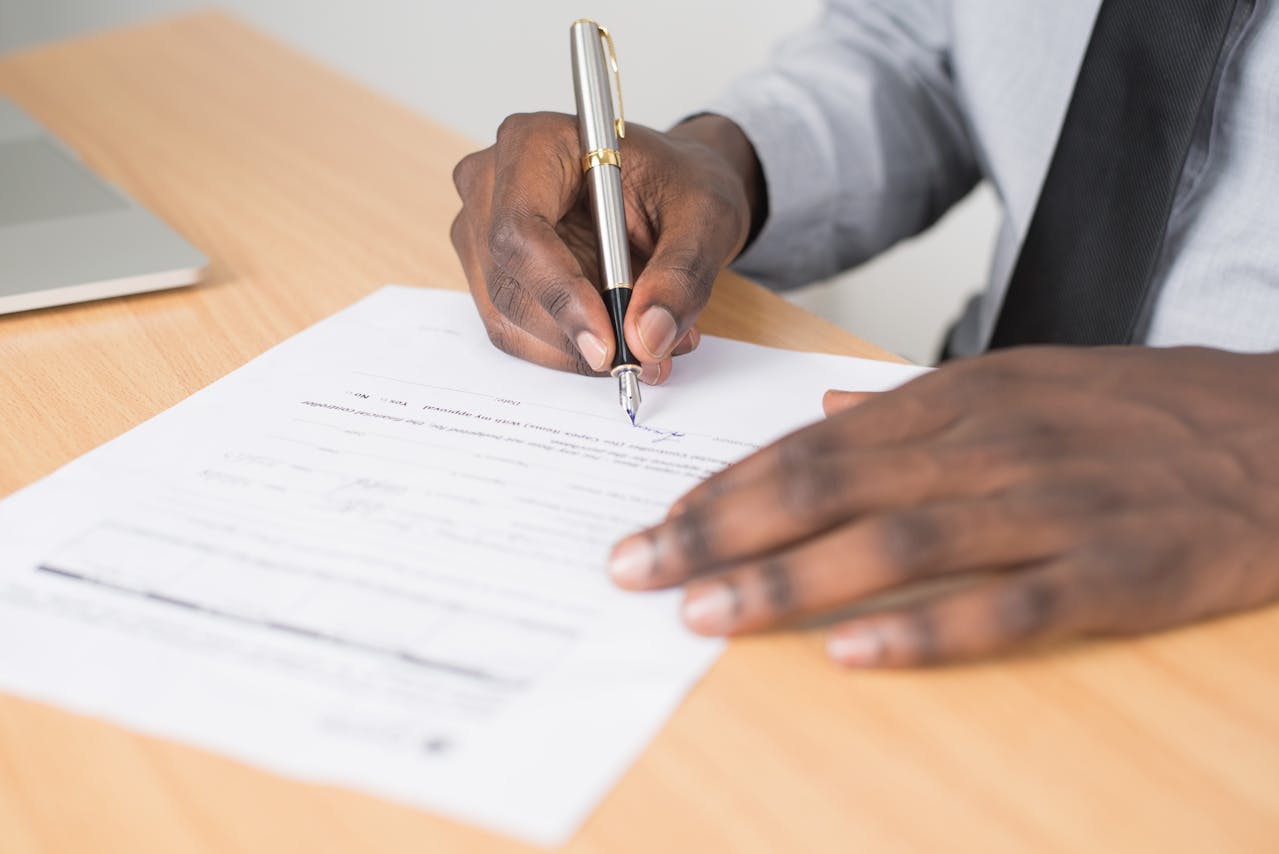Protecting Your Intellectual Property in Africa

Rejoice Anodo
June 11, 2025

Intellectual property refers to created ideas, and intellectual property rights (IPRs) are legal ownership rights given to their creators by the government, valid for a stipulated period. This majorly prevents plagiarism and theft, ensuring innovation and the proliferation of unique ideas. In Africa, intellectual property rights follow state or regional laws like the African Intellectual Property Organisation (OAPI) and the African Regional Intellectual Property Organisation (ARIPO).
OAPI and ARIPO, intergovernmental institutions, provide intellectual property rights for member states. Some countries like Nigeria, South Africa and Egypt do not belong, but provide IP rights based on their national laws and global IP regulations. Generally, IP rights fall under these categories: copyrights, patents, trade secrets, trademarks, industrial designs, and geographical indications. Products can be classified under more than one of these categories.
Why do African Startups Need to Acquire IP Rights?
African startups often need IP rights such as patents, trademarks, copyrights and trade secrets to protect their ideas. These ideas encompass their inventions, brand identification like logos, software code and other confidential information. Legal protection repels duplicated ideas and unauthorised use, which may likely occur in a competitive field like Africa’s startup scene, especially the fintech sector.
Early IPR acquisition enables swift brand growth, as users become acquainted with the company’s identifiers, like the logos and slogans. These, coupled with the company’s unique services, can instil trust and loyalty in the customers, presenting them as a reputable brand. Investors tend to favour startups with IP rights. It depicts them as a favourable investment bound to bring in profit. The startup’s valuation rises, and they can monetise their assets.
Many African countries, especially Nigeria, operate on a ‘first-to-file’ premise, which ensures that the first party to register an idea becomes its sole owner, regardless of its original creator. This can result in legal disputes and derail overall growth. The trademark dispute between Zap Africa and PayStack’s Zap is a notable case.
Zap Africa vs. Zap by Paystack: What lessons can we learn?
Zap Africa, a Nigerian fintech startup, offers cryptocurrency exchange services. Co-founded by Tobiloba Asu-Johnson and Moore-Dagogo Hart in 2023, the company has experienced significant growth and launched their flagship product: Zap Exchange.
Paystack, also a fintech startup, was founded in 2015 by Shola Akinlade and Ezra Olubi. At the end of March 2025, the company launched Zap by Paystack, another fintech product offering seamless online banking for Nigerians. With Zap, Paystack aimed to establish its services in the B2C space.
Shortly after Zap by PayStack’s launch, Zap Africa’s co-founders announced on X, formerly known as Twitter, hinted at legal moves, alleging trademark issues. Paystack reportedly issued a cease-and-desist in return, claiming that they filed their company’s registration under the appropriate sections. This legal move started a trademark dispute, which is still ongoing at this article’s publication.
From several reports, the supposed name clash was not a clash at all, with claims that PayStack had carried out due diligence before choosing the name ‘Zap’ in 2023. “We’re confident that we filed for a trademark and that we filed in the right category. We registered the [Zap] trademark across multiple classes, including financial services — a class where Zap Africa has no filing registration”, an anonymous source in one report stated.
Zap Africa’s co-founder, Asu-Johnson, told NairaMetrics a different tale. “We secured Class 35 in late 2023, then got Class 42 in 2024. Class 36, which covers financial services, was the final one, and we got it just weeks before Paystack’s launch.[...]They tried to take everything, from our slogan ‘you just got zapped’ to brand colours and even the ‘Z’ symbol on our logo. It feels like a complete hijack of our brand.”
The basis of these legal arguments stems from the dual use of the name “Zap” by both businesses. Over three years, Zap Africa has built its brand using its registered name and will lose more from this dispute. As Asu-Johnson informed TechCabal, “a lot of customers think we’re about to close down. It has affected business. We were in the middle of our round, and it chased away investors who were going to help us with our seed round. It has also made people in the company unsure about their jobs.”
To mitigate further legal proceedings, it would be prudent for PayStack to consider a brand revamp, barring the circumstances. Considering the events leading up to the present, the dispute’s end is highly unpredictable and can only be settled by Nigeria’s judicial system. However, legal experts who analysed the case suggested an amicable settlement outside the court through negotiation.
How can African startups gain IP rights?
As an early-stage startup, securing IP rights to protect your competitive interests is essential. You can set up an efficient IP strategy by conducting detailed research into what IP rights exist in the country of your business’s origin, and following the outlined processes with the help of a legal professional or firm.
For instance, Nigeria’s IP rights are independent of external governance. Its IP laws and registration processes are handled by the Nigerian Copyright Commission. The Nigerian Industrial Property Office registers trademarks, patents and designs.
You can protect a startup’s identity in several ways. Registering the business name with the Corporate Affairs Commission is usually the first step. The subsequent steps are registering it as a limited liability company and then trademarking it at the Nigerian IP office to ensure legal protection.
All of these must be done carefully, under the right NICE classes. An oversight can prove problematic, as seen in the case study above. Law firms with experience in intellectual property rights can offer expert advice on how best to carry out these procedures. If these are carried out properly, it will reduce the chances of having legal disputes over intellectual property.
Read next: A Recipe for Failure? Inside Kune Food's Sudden Closure


